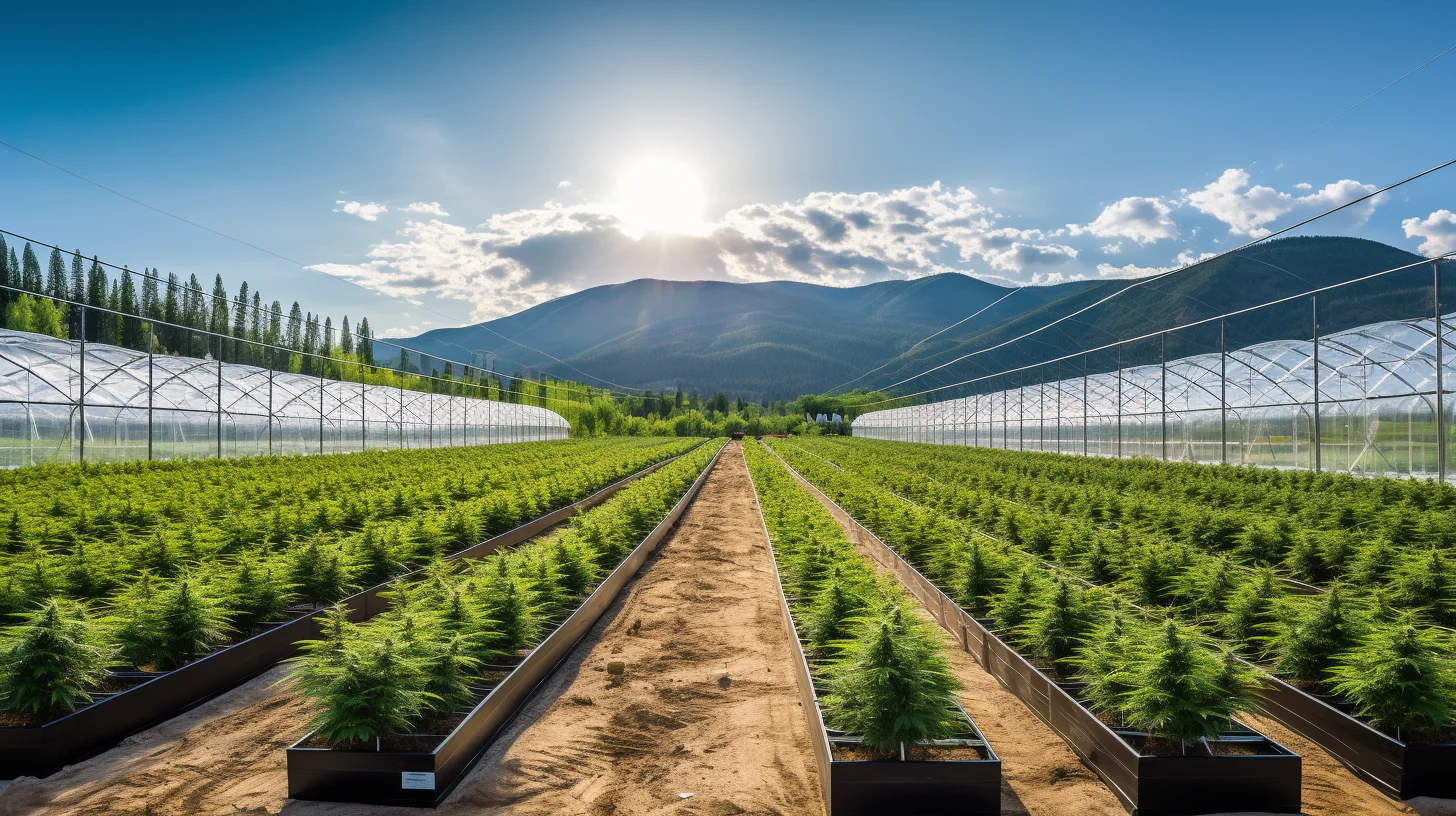In Trang, a group of legal cannabis cultivators are grappling with the uncertainty of changing government policies. They have produced a significant amount of dried cannabis intended for medical use, which was previously supplied to the drug department and hospitals. However, due to policy shifts, these supplies are now left in large storage facilities. The once flourishing cannabis farms are now being converted to tomato cultivation plots.
Previously, under the policies of a certain political party, cannabis was decriminalized, allowing citizens to benefit from it. This led to widespread cultivation for household use, patient care, and commercial purposes. Community enterprises, registered legally, took cultivation seriously, aiming to supply medical cannabis. But with the new government’s announcement to reconsider cannabis liberalization, these community enterprises are left in a state of uncertainty.
For instance, the community enterprise of Ban Khuan Sukhaphap, located in Trang, which was dedicated to cultivating cannabis for Thai traditional medicine and local medical practices, is now left with only two cannabis plants. They had agreements with the drug department and Huai Yot Hospital in Trang for medical cannabis supply. However, these orders ceased, leaving them with a surplus of dried cannabis in their storage.
The leader of the Ban Khuan Sukhaphap community enterprise, Ms. Kanget Saraphat, explained that they had invested in organic cannabis greenhouses capable of growing at least 100 plants. They also had solar-powered ovens and standardized packaging rooms. But now, with the lack of orders, they’ve had to pivot to cultivating tomatoes and other organic vegetables. They still produce some cannabis products for their customers, but on a much smaller scale.
Ms. Kanget emphasized that while the previous government’s policy was clear about supporting cannabis for medical and health purposes, the current government’s stance remains ambiguous. She believes that the government should have a clear policy, especially if it’s for medical purposes. Otherwise, farmers who have invested heavily might face challenges, especially if they solely focused on cannabis cultivation.
Read the full article on 77 Kaoded
